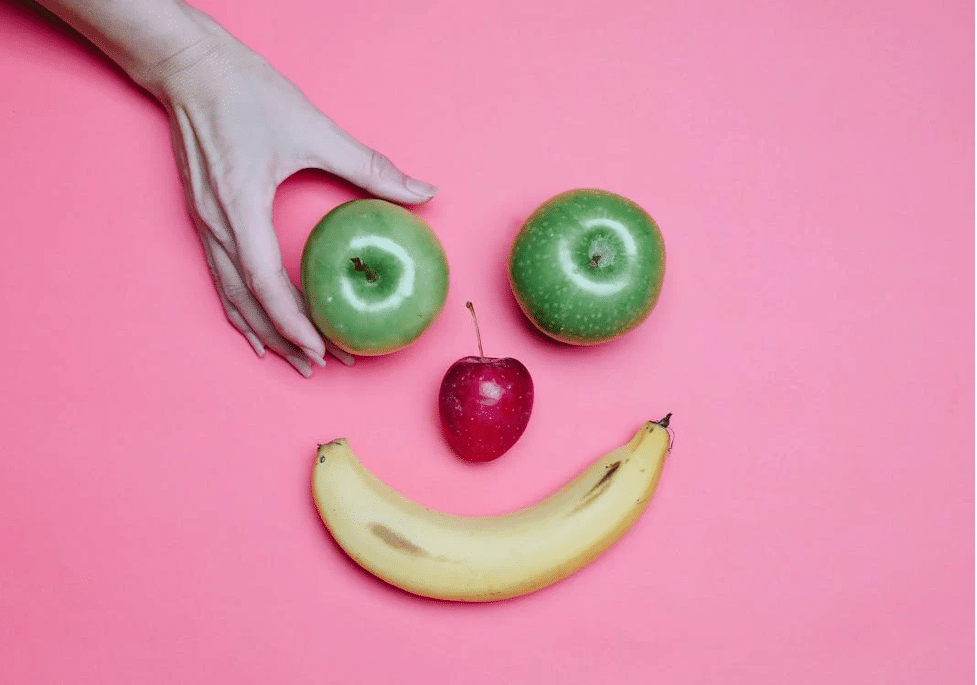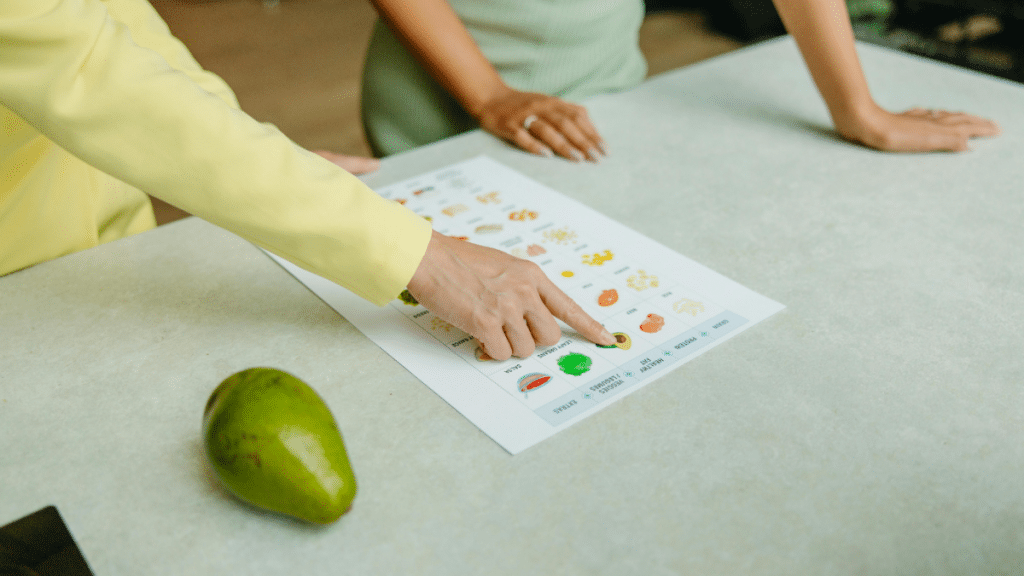Embarking on a new dietary journey, be it gluten-free, grain-free, or paleo, can be both an exciting and daunting endeavor. The anticipation of potential health benefits is often accompanied by concerns over dietary restrictions and lifestyle adjustments.
However, the transition can be made smoother and less stressful with the right strategies. From trying out relaxing games at Europeanmama to finding a community of like-minded people, there are many things that can help you manage the process. This article delves into practical tips for reducing stress when adopting new dietary habits.
1. Education is Your Foundation
The initial step in any dietary shift should be to arm yourself with knowledge. Understanding the principles and benefits of your chosen diet, as well as the foods you need to avoid and embrace, sets a solid foundation. Invest time in researching credible sources and books and perhaps consult a nutritionist. This knowledge not only empowers you but also makes grocery shopping and meal planning less overwhelming.
2. Embrace Planning and Preparation
One of the key stressors in adopting a new diet is the question, “What can I eat?” To counter this, meticulous planning is essential. Start by planning your meals for the week ahead. Make a comprehensive shopping list that aligns with your diet’s requirements, focusing on whole and unprocessed foods. Preparing meals in advance can also alleviate the daily pressure of finding something suitable to eat, making your diet more manageable and less stressful.
3. Focus on What You Can Eat
It’s easy to dwell on the foods you’re missing out on. However, shifting your focus to the variety of foods you can eat opens up a world of culinary possibilities. For instance, a gluten-free diet highlights the importance of fruits, vegetables, lean meats, and gluten-free grains like quinoa and rice. Exploring new recipes that incorporate these ingredients can make your dietary transition not only stress-free but also enjoyable.
4. Find Support in the Community
Embarking on a dietary change can feel isolating at times, especially when social events revolve around food. Seeking out a community of individuals who share your dietary approach can provide emotional support, practical advice, and motivation. Online forums, social media groups, and local meetups are great places to connect with others who are on a similar journey.
5. Gradual Transition Rather Than Abrupt Change
For many, the idea of immediately cutting out certain foods can be daunting. A gradual approach to dietary change can help mitigate this stress. If you’re going gluten-free, start by substituting gluten-containing staples with their gluten-free counterparts before completely overhauling your diet. This method allows your body and palate to adjust over time, making the transition smoother and less stressful.

6. Listen to Your Body
As you navigate your new diet, it’s crucial to tune into your body’s signals. Dietary changes can impact everyone differently. If you experience discomfort, fatigue, or other adverse effects, it may be necessary to adjust your approach. Remember, the goal is to enhance your health and well-being, not to adhere rigidly to dietary dogmas at the expense of your comfort and happiness.
7. Celebrate Small Victories
Each step you successfully take in your dietary transition is an achievement. Whether it’s mastering a new gluten-free recipe, discovering a grain-free snack you love, or simply sticking to your paleo diet for a week, acknowledging these milestones can boost your motivation and reduce stress. Celebrate these victories, no matter how small, as they mark your progress toward a healthier lifestyle. However, choose celebrations that don’t interfere with your diet plan to stay on track.
8. Stay Flexible and Open to Adjustments
Flexibility is key when adopting a new diet. You might find certain aspects of the diet more challenging to stick to than others. It’s okay to make adjustments that better suit your lifestyle and health needs. Being too rigid can lead to stress and frustration, so allow yourself some leeway to modify your dietary approach as needed.
9. Keep Your Eye on the Prize
Finally, always remind yourself of the reasons behind your dietary change. Whether it’s for health reasons, ethical beliefs, or personal well-being, keeping your goals in mind can help you stay motivated and reduce stress. Visualizing the positive outcomes of your dietary journey can be a powerful tool in overcoming any obstacles you may face.
Conclusion
Adopting a new diet is a significant lifestyle change that can come with its set of challenges. However, by approaching this transition with preparation, education, and a positive mindset, you can significantly reduce stress and enjoy the journey toward better health.
Remember, the key to a successful dietary change lies not just in the foods you eat but in your approach to the process. With patience, flexibility, and a focus on the positive, your new diet can become an enjoyable and stress-free part of your life.
